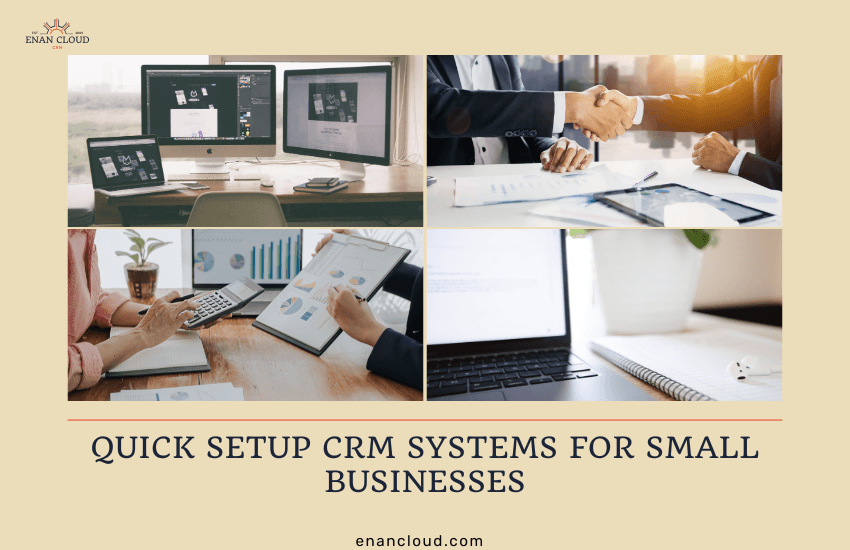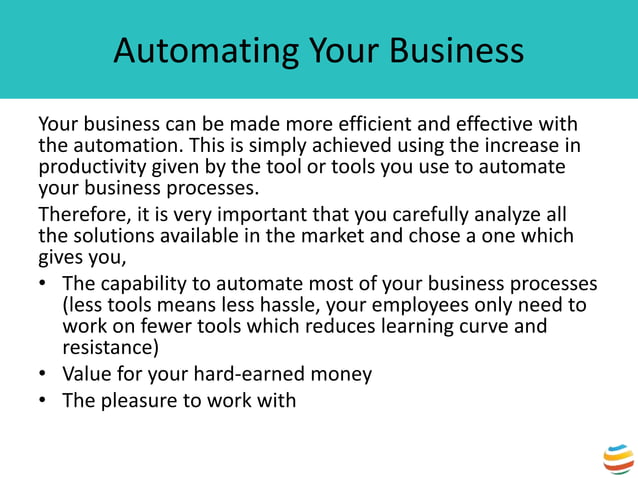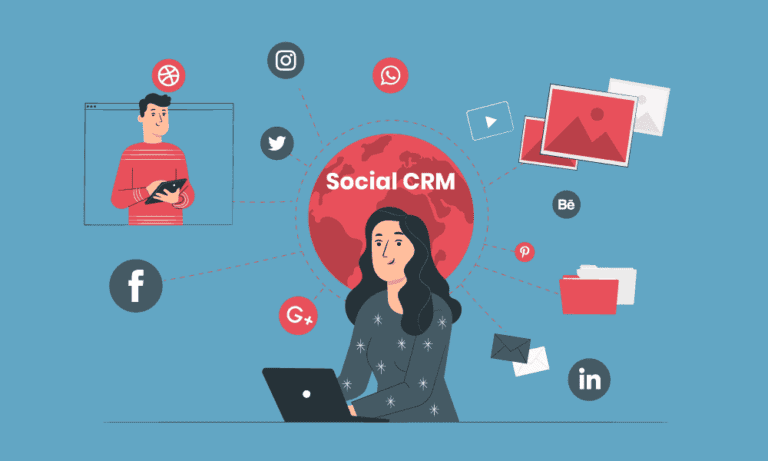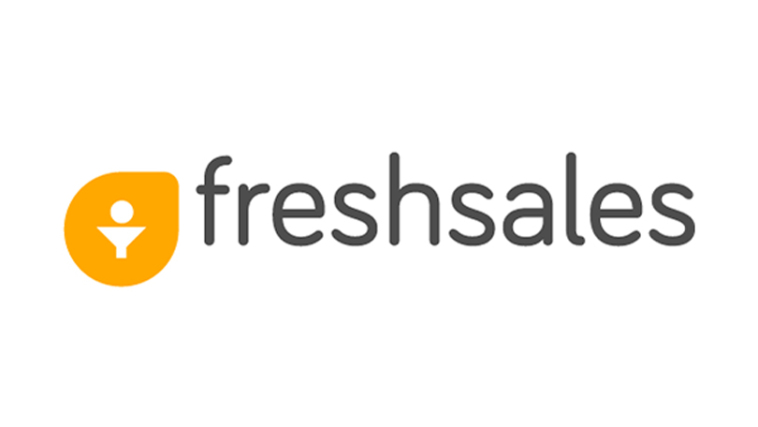CRM Email Marketing: The Ultimate Guide to Boosting Your Business with Email Automation
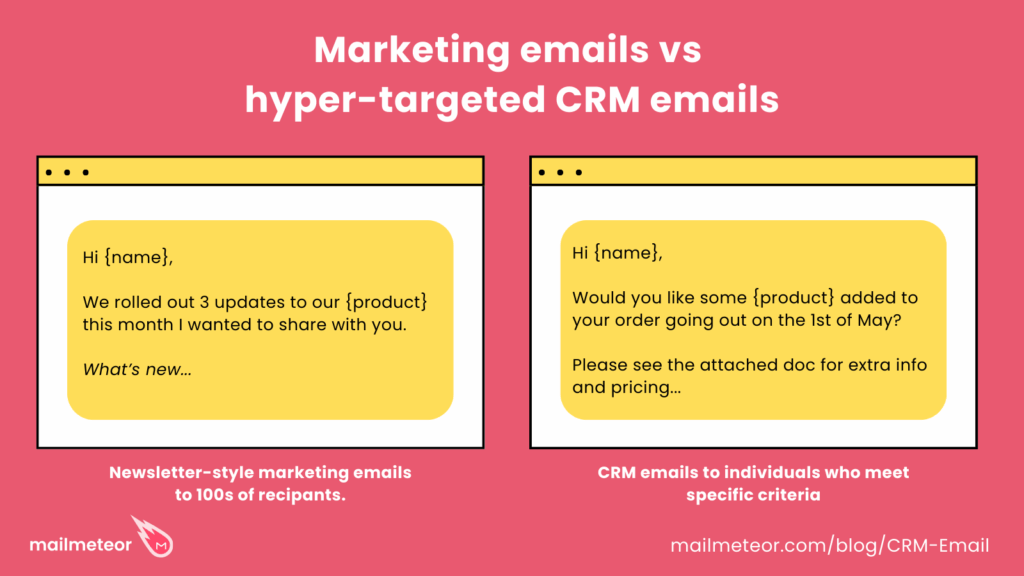
CRM Email Marketing: Your Path to Automated Email Success
In the ever-evolving world of digital marketing, staying ahead of the curve is crucial. One of the most effective strategies for nurturing leads, engaging customers, and driving sales is CRM email marketing. This powerful combination leverages the strengths of Customer Relationship Management (CRM) systems and email marketing platforms to create highly targeted, personalized, and automated email campaigns. Whether you’re a seasoned marketer or just starting out, understanding the intricacies of CRM email marketing can significantly impact your business’s growth and success.
This comprehensive guide will delve deep into the world of CRM email marketing, exploring its benefits, best practices, and providing you with the knowledge you need to implement a successful strategy. We’ll cover everything from the basics of CRM and email marketing to advanced automation techniques and analytics. Get ready to transform your email marketing efforts and watch your business flourish!
What is CRM Email Marketing? A Powerful Combination
At its core, CRM email marketing is the integration of your CRM system with your email marketing platform. This integration allows you to leverage the rich customer data stored in your CRM to create highly targeted and personalized email campaigns. Instead of sending generic emails to everyone on your list, you can segment your audience based on various criteria, such as demographics, purchase history, website activity, and more. This level of segmentation allows you to deliver relevant content to the right people at the right time, leading to higher engagement, conversion rates, and ultimately, a better return on investment (ROI).
Think of it this way: Your CRM is the brain, and your email marketing platform is the voice. The brain (CRM) gathers all the information about your customers, their behaviors, and their preferences. The voice (email marketing platform) then uses this information to craft personalized messages that resonate with each individual.
The Core Components
To truly grasp the concept, let’s break down the core components:
- CRM (Customer Relationship Management): This is the central hub for all your customer data. It stores information like contact details, purchase history, interactions with your business, and more. Popular CRM systems include Salesforce, HubSpot, Zoho CRM, and Microsoft Dynamics 365.
- Email Marketing Platform: This is the tool you use to design, send, and track your email campaigns. Platforms like Mailchimp, Constant Contact, Sendinblue, and ActiveCampaign integrate seamlessly with various CRM systems.
- Integration: The magic happens when you connect your CRM and email marketing platform. This integration allows data to flow seamlessly between the two systems, enabling you to segment your audience, personalize your emails, and automate your campaigns.
The Benefits of CRM Email Marketing: Why It Matters
The advantages of CRM email marketing are numerous and far-reaching. Here are some of the key benefits that can transform your marketing efforts:
Enhanced Personalization
Personalization is the cornerstone of successful email marketing. CRM integration allows you to tailor your emails to each recipient’s specific needs and preferences. This can include using their name, referencing past purchases, recommending relevant products, and sending targeted content based on their interests. Personalized emails have significantly higher open and click-through rates than generic emails, leading to increased engagement and conversions.
Improved Segmentation
Segmentation is the process of dividing your audience into smaller groups based on shared characteristics. With CRM data, you can create highly specific segments, such as:
- New leads: Nurture new leads with welcome emails, educational content, and special offers.
- Existing customers: Reward loyal customers with exclusive deals, product updates, and personalized recommendations.
- Inactive subscribers: Re-engage inactive subscribers with special offers or surveys to understand their needs.
- Customers who have abandoned their cart: Remind them of the items in their cart and offer an incentive to complete their purchase.
Precise segmentation ensures that you’re sending the right message to the right people, maximizing the impact of your email campaigns.
Increased Automation
Automation is a game-changer in email marketing. CRM integration allows you to automate various email sequences based on customer behavior and lifecycle stages. This means you can set up automated workflows to:
- Send welcome emails to new subscribers.
- Nurture leads with a series of educational emails.
- Follow up with customers after a purchase.
- Send cart abandonment emails.
- Trigger re-engagement campaigns for inactive subscribers.
Automation saves you time and effort while ensuring that your audience receives timely and relevant communications.
Higher Conversion Rates
By personalizing your emails, segmenting your audience, and automating your campaigns, you can significantly increase your conversion rates. Targeted emails are more likely to resonate with recipients, leading to higher click-through rates, more website visits, and ultimately, more sales.
Better ROI
CRM email marketing is a cost-effective way to reach your target audience and drive revenue. By optimizing your campaigns and improving your conversion rates, you can achieve a higher return on your investment. The ability to track and measure your results allows you to continuously refine your strategy and maximize your ROI.
Improved Customer Relationships
By providing personalized and relevant content, you can build stronger relationships with your customers. This leads to increased loyalty, repeat business, and positive word-of-mouth referrals. CRM email marketing allows you to foster a sense of connection with your audience, making them feel valued and appreciated.
Implementing a Successful CRM Email Marketing Strategy: A Step-by-Step Guide
Now that you understand the benefits, let’s dive into the practical steps involved in implementing a successful CRM email marketing strategy.
1. Choose the Right CRM and Email Marketing Platform
The first step is to select the right tools for your business. Consider your specific needs, budget, and technical expertise when choosing a CRM and email marketing platform. Some popular options include:
- CRM: Salesforce, HubSpot, Zoho CRM, Microsoft Dynamics 365
- Email Marketing Platform: Mailchimp, Constant Contact, Sendinblue, ActiveCampaign
Make sure the platforms you choose integrate seamlessly with each other and offer the features you need, such as segmentation, personalization, and automation.
2. Integrate Your CRM and Email Marketing Platform
Once you’ve chosen your tools, the next step is to integrate them. Most platforms offer native integrations or third-party connectors that make this process relatively easy. Follow the instructions provided by your chosen platforms to connect them. This will typically involve authorizing access and mapping data fields between the two systems.
3. Clean and Organize Your Data
Before you start sending emails, it’s crucial to clean and organize your data. This involves removing duplicate contacts, correcting errors, and ensuring that your data is accurate and up-to-date. A clean database will improve the deliverability of your emails and ensure that your campaigns are effective.
4. Segment Your Audience
Leverage the data in your CRM to segment your audience based on various criteria. Consider factors like demographics, purchase history, website activity, and lead source. The more specific your segments, the more relevant your email campaigns will be.
5. Plan Your Email Campaigns
Develop a content calendar and plan your email campaigns. Consider the different stages of the customer journey and create email sequences that address each stage. This might include welcome emails, lead nurturing campaigns, promotional emails, and customer retention campaigns.
6. Design Engaging Emails
Create visually appealing and engaging emails that capture your audience’s attention. Use a clear and concise layout, compelling visuals, and a strong call to action. Make sure your emails are mobile-friendly and optimized for different devices.
7. Personalize Your Emails
Use dynamic content and personalization tags to tailor your emails to each recipient. Include their name, reference past purchases, and recommend relevant products. Personalization will make your emails feel more relevant and increase engagement.
8. Automate Your Email Campaigns
Set up automated email sequences to streamline your marketing efforts. Automate welcome emails, lead nurturing campaigns, cart abandonment emails, and other relevant sequences. Automation will save you time and ensure that your audience receives timely and relevant communications.
9. Test and Optimize Your Campaigns
Before sending your campaigns to your entire audience, test them thoroughly. Conduct A/B tests to compare different subject lines, email content, and calls to action. Analyze your results and make adjustments to optimize your campaigns for maximum performance.
10. Track and Analyze Your Results
Use your email marketing platform’s analytics tools to track your results. Monitor key metrics like open rates, click-through rates, conversion rates, and ROI. Analyze your data to identify areas for improvement and refine your strategy over time.
Advanced CRM Email Marketing Techniques
Once you’ve mastered the basics, you can explore advanced techniques to further enhance your CRM email marketing strategy.
Behavioral Targeting
Track your customers’ behavior on your website and in your emails to trigger targeted email campaigns. For example, you can send an email to someone who viewed a specific product but didn’t make a purchase, offering them a special discount or providing additional information.
Dynamic Content
Use dynamic content to personalize your emails even further. Display different content based on each recipient’s demographics, purchase history, or other criteria. This allows you to create highly targeted and relevant emails that resonate with each individual.
Lead Scoring
Assign a score to your leads based on their engagement with your website and emails. This allows you to prioritize your leads and focus your efforts on the most promising prospects. You can then trigger automated email sequences based on lead scores.
Segmentation Based on Lifecycle Stage
Create email campaigns that are tailored to each stage of the customer lifecycle, from awareness to purchase to loyalty. This allows you to provide relevant content and offers at each stage, nurturing your customers through the sales funnel.
Cross-Channel Integration
Integrate your email marketing with other marketing channels, such as social media and SMS. This allows you to create a cohesive and consistent customer experience across all channels. For example, you can use social media to drive traffic to your email signup forms or send SMS messages to promote exclusive offers.
Measuring Success: Key Metrics to Track
To determine the effectiveness of your CRM email marketing strategy, it’s essential to track and analyze key metrics. Here are some of the most important metrics to monitor:
- Open Rate: The percentage of emails that were opened by recipients.
- Click-Through Rate (CTR): The percentage of recipients who clicked on a link in your email.
- Conversion Rate: The percentage of recipients who completed a desired action, such as making a purchase or filling out a form.
- Bounce Rate: The percentage of emails that were not delivered.
- Unsubscribe Rate: The percentage of recipients who unsubscribed from your email list.
- List Growth Rate: The rate at which your email list is growing.
- Return on Investment (ROI): The revenue generated from your email campaigns compared to the cost of running them.
By tracking these metrics, you can gain valuable insights into the performance of your campaigns and identify areas for improvement.
Common Mistakes to Avoid
While CRM email marketing offers tremendous benefits, it’s important to avoid common mistakes that can hinder your success.
- Not segmenting your audience: Sending generic emails to everyone on your list is a recipe for low engagement and high unsubscribe rates.
- Sending irrelevant content: Make sure your emails are relevant to your audience’s interests and needs.
- Neglecting personalization: Failure to personalize your emails will lead to lower open and click-through rates.
- Not testing your campaigns: Testing is crucial for optimizing your campaigns and improving your results.
- Ignoring your data: Don’t ignore the data provided by your CRM and email marketing platform. Analyze your results and make adjustments to your strategy accordingly.
- Not complying with email marketing regulations: Ensure you comply with all relevant regulations, such as GDPR and CAN-SPAM.
By avoiding these common pitfalls, you can maximize the effectiveness of your CRM email marketing campaigns.
The Future of CRM Email Marketing
The landscape of CRM email marketing is constantly evolving. Here are some trends to watch for:
- Artificial Intelligence (AI): AI is being used to personalize email content, optimize send times, and automate campaign creation.
- Hyper-Personalization: Marketers are moving beyond basic personalization to create highly tailored experiences for each individual customer.
- Interactive Emails: Interactive elements, such as polls, quizzes, and surveys, are being incorporated into emails to increase engagement.
- Focus on Customer Experience: The emphasis is shifting towards providing a seamless and positive customer experience across all touchpoints.
- Increased Privacy and Data Security: With growing concerns about data privacy, marketers are focusing on building trust with their customers and ensuring data security.
Staying informed about these trends will help you stay ahead of the curve and adapt your CRM email marketing strategy to meet the evolving needs of your customers.
Conclusion: Embracing the Power of CRM Email Marketing
CRM email marketing is a powerful tool that can transform your business’s marketing efforts. By leveraging the data in your CRM to create targeted, personalized, and automated email campaigns, you can nurture leads, engage customers, and drive sales. Embrace the power of CRM email marketing and watch your business thrive!
Remember to choose the right tools, integrate them seamlessly, clean and organize your data, segment your audience, plan your campaigns, design engaging emails, personalize your messages, automate your workflows, test and optimize your campaigns, and track and analyze your results. By following these best practices, you can achieve remarkable results with CRM email marketing.
The future of marketing is personalized, automated, and data-driven. CRM email marketing is at the forefront of this evolution, offering a powerful way to connect with your audience and drive business growth. Start implementing these strategies today and experience the benefits of CRM email marketing!

